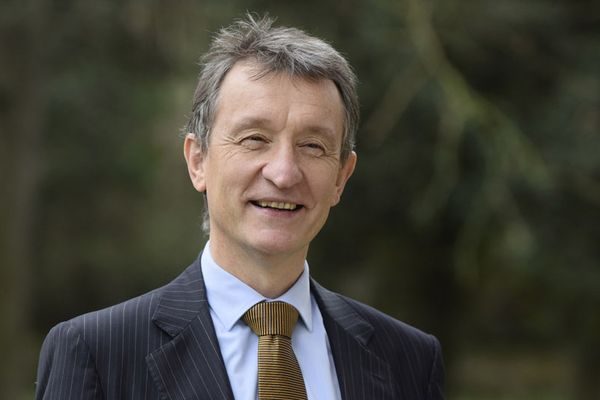
Your Voice: We need greater diversity in fundraising
March 21, 2018
How to motivate and inspire your fundraising team
March 21, 2018Too many nonprofit organisations in Italy fail to foster a real culture of fundraising and greater professionalisation is needed for the sector to develop. Valerio Melandri, consultant, trainer, and educator in Italian fundraising, sets out his vision for how the fundraising profession must change and grow.
The world of fundraising is fast moving but, certainly in Italy, development of the profession continues to be held back by a range of factors. From a lack of identity around professional fundraising, unrealistically high demands from charities to donors’ expectations of transparency and accountability, it is not an easy marketplace. And it is made all the more difficult when you consider the restricted, oligopolistic labour market.
Many non-profit organisations do not foster a real culture of fundraising, treating it as almost superfluous to its main operations, despite the realisation that funds are severely limited. Of course, this is not unique to Italy, but we fall far behind Anglo Saxon countries where the profession is more deeply established and recognised. In order to develop, the fundraising profession must manoeuvre itself in the opposite direction to that which we are heading today.
The fundraiser of the future
Rather than honing in on specific fundraising techniques, the fundraiser of the future will clearly have to combine specialist skills and versatility, marrying a scientific/technical base with organisational and operational skills. The movement of fundraisers, in general, will have to be able to: impose its presence in the community, promote its own cultural and professional growth, provide stability and diffusion, and create a cohesive professional image for fundraisers, thus increasing everyone’s input.
For the sector to develop, there needs to be strong professional guidelines, as well as standardised operative procedures and – of course – training and qualifications that cement and certify fundraisers’ competence (including EFA Certified national fundraising qualifications and the international CFRE). Professional standards are not just practical guidelines, but they preserve ethical practices, reputation of the sector and enable clearer distinction between professionals and non-professionals.
In Italy, while we do have established fundraising standards, too few nonprofit organisations and practitioners are committed to those standards or to investing in professional development generally.
Defining and developing fundraising
If we return to a definition of fundraising, which is ‘an activity that develops and implements sustainable projects of growth for nonprofit organisations’, we see that fundraising could mean a very different thing from one charity to another and might require wide-ranging skills, depending on the size, scale, goals and specifications of the project and organisation.
The concept of sustainable growth is not just about money. It broadens the fundraisers’ role from the collection of resources to the identification of an entire course of action: analysis of the need, location, management and reporting.
This means that fundraisers need to develop an understanding of organisational structures and strategies, human resources and marketing, together with knowledge of the specific fundraising vehicles and markets. All this must be driven by the organisation’s charitable objectives and purpose, which provide context and set the landscape for a whole range of instruments that otherwise risk becoming separate and uncoordinated.
In effect, this means that fundraising should be tailor-made to the characteristics of the individual organisation and delivered in the most effective and efficient manner possible. Such a shift will not happen overnight. Fundraisers will need support in developing the skills and confidence to take on a more strategic approach and this needs to be driven by nonprofits and trade bodies with a shared objective of strengthening the sector.
When you consider the potential of attracting future candidates that can deliver such a consolidated approach, supporting nonprofits in diversifying their funding channels, the shift towards greater professionalisation is even more essential.
About Valerio Melandri
Valerio Melandri is a consultant, trainer, and educator in fundraising. He is a professor at the University of Bologna, teaching The Principles and Techniques of Fundraising at the Faculty of Economics in Forlì, and is director of the Masters programme in fundraising at the University of Bologna. He is also founder and president of the Philanthropy Research Centre, a centre for research, training and consultancy based at the Faculty of Economics, and has recently joined the EFA Certification Committee.




